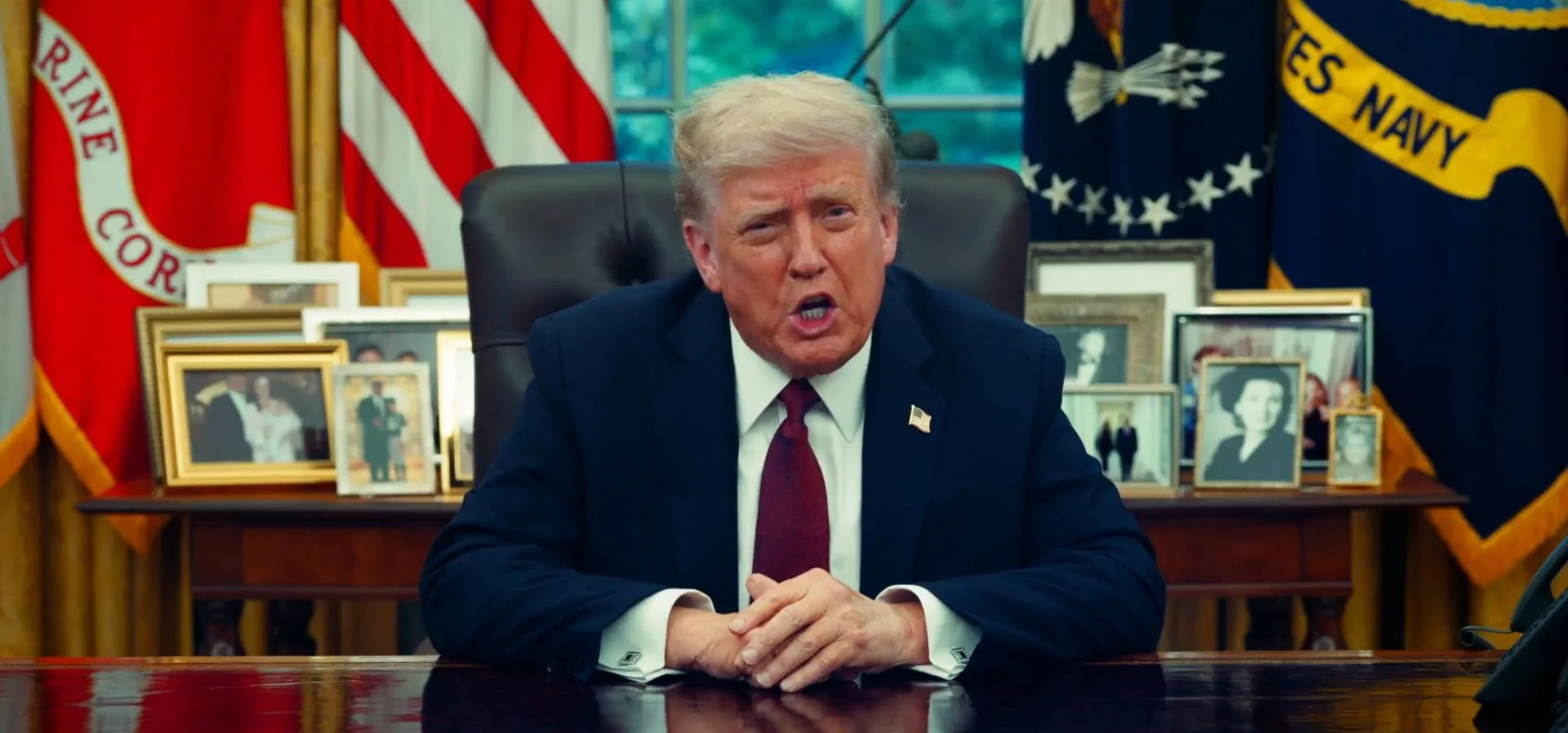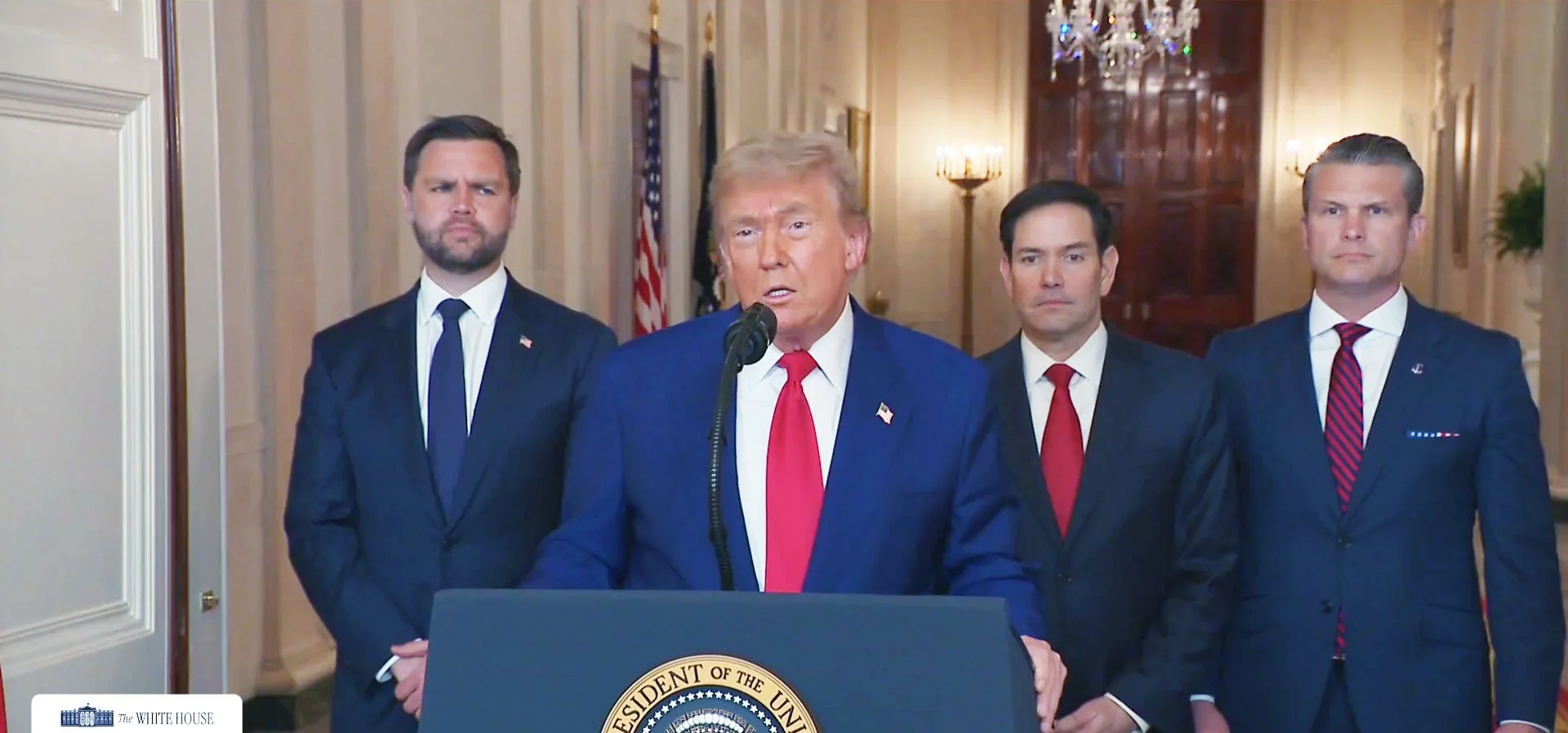Canadian miners face uphill task as Trudeau tightens investment restrictions
THE CANADIAN PRESS/Spencer Colby
Last week Innovation Minister Francois-Philippe Champagne announced all foreign investment into critical minerals – except under the ‘most exceptional of circumstances’ – is prohibited.
Canada’s resource sector “doesn’t belong to the shareholders or the capital markets. It belongs to the population of a nation.”
That’s a 2013 quote from Marcel Coutu, who at the time was chief executive officer of Canadian Oil Sands Ltd., a major oil and gas company that has since been purchased by Suncor Energy.
That quote was for a Bloomberg story I wrote at the time on then Prime Minister Stephen Harper’s efforts to keep Chinese investment out of the country’s oil sector. Coutu, who continues to be a corporate statesman of sorts with seats on numerous boards including at Brookfield Asset Management, characterized the policy at the time as “constructive nationalism.”
Raising barriers to certain types of foreign investment was a relatively new trend in 2013, and was largely targeted at China. And while Liberals mocked Harper’s approach to the Asian country at the time, they’ve since wholeheartedly adopted investment restrictions as a tool to pursue national security objectives.
SOURCE: GOWLING WLG
An announcement late last week by Innovation Minister Francois-Philippe Champagne to prohibit all foreign investment into critical minerals – except under the “most exceptional of circumstances” – represents an escalation of a trend that has been ramped up over the past two years. For example, the move came less than four months after stricter requirements around notification by foreign investors came into law in March.
The truth is Prime Minister Justin Trudeau's Liberal government is facing a much more tangled, complex and difficult economic and political landscape than when Harper was in power.
Things have changed in three important ways:
More complex geopolitical and technological terrain. We are living in a world of much more global power conflict along with deglobalization and a battle for technological supremacy. The world today is one where politics are overriding economic concerns, and where Canada is being drawn even more into the U.S. economic and political orbit, with implications for policy.
Capital is more scarce. Harper’s problem in the early 2010s was that the country was attracting too much capital, which was driving up the value of the Canadian dollar and weighing on manufacturing. The outlook for commodities was strong and interest rates were lower. Slowing down investments wasn’t as much of a concern.
Climate transition. The current government is trying to implement a real climate transition plan, which wasn’t a constraint on the previous Conservative government. This will drive up the cost of producing commodities and hamper returns.
The net effect is to make Canada's resource sector a less favorable and more costly place to invest – by definition.
To be sure, domestic and foreign investment in mining has made a comeback in recent years, reflecting an improving outlook for commodity prices. The book value of Canadian mining assets held by foreign companies hit a record $42 billion in 2023. Chinese companies have also been particularly active over the past few years.
It's apparent as well in capital expenditures numbers for the mining sector, which totaled about $16.9 billion last year, more than 50 percent higher than in 2019 and matching record spending in 2012, according to Statistics Canada data.
But investment in the sector is expected to stall in 2024, according to Statistic Canada’s survey of spending intentions, and the tougher rules won’t help.
Concern about funding was reflected in the performance of Canadian mining stocks this week. Shares of diversified miners like Teck Resources and Lundin Mining Corporation are down since Champagne made his announcement.
One worry investors have is that the new policy directive appears to apply to all foreign investment – not just state-owned Chinese companies, for example.
Perhaps indicative of the investment climate was the announcement by Teck last week it will reinvest less than half of the $10 billion in proceeds it’s making from the sale of its coal unit back into operations in Canada.
The government understands that if it narrows the pool of private capital available to miners, it will need to step in with some help to facilitate investment by domestic companies.
One day after Champagne’s policy directive, the government announced separately it will take measures to accelerate the regulatory and permitting approval for clean growth projects. That couldn't have been a coincidence.
Still, regulatory reform is critical, but not sufficient. Tighter investment restrictions and ambitious climate targets probably mean the federal government will need to pony up more cash to incentivize investment than it has in the past.
The oil sector illustrates what that could look like. This week, oil producer Strathcona Resources announced plans to build $2 billion worth of carbon capture and storage infrastructure at its facilities in Saskatchewan and Alberta.
The Canada Growth Fund, a state-owned funding agency, will cover half of the capital costs and Strathcona said its half of the costs will be covered by federal government investment tax credits and grants.
The Strathcona announcement shows that in this new world of geopolitical tensions and rising costs to do business for Canadian resource companies, investment is possible. But it won’t come cheap for government.






